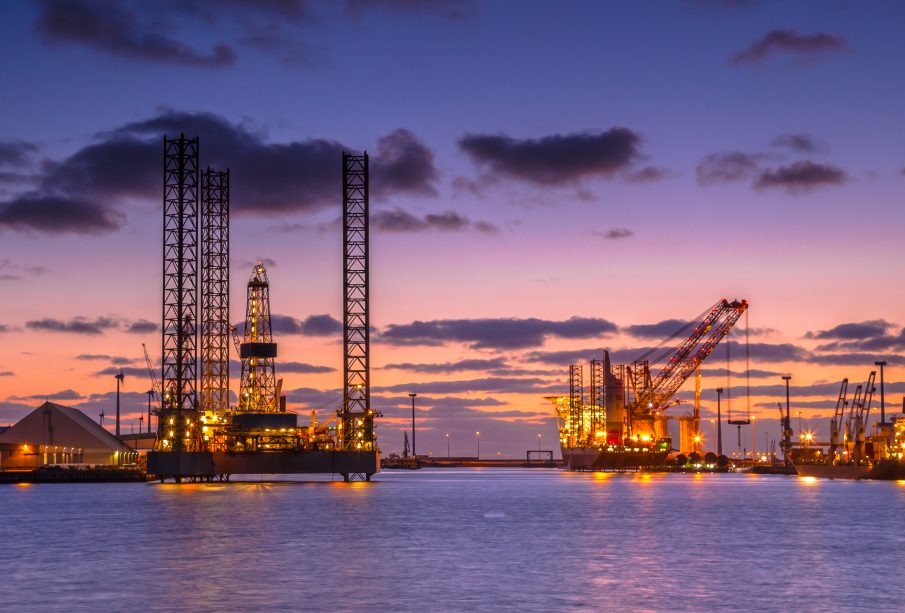The Quiet World of Nigeria’s Career Oil and Gas Executives

I enjoy reading executive profiles (right from secondary school). I chanced into the profile of a former CEO of NLNG this morning and some things struck me:
– Almost all Nigerian career oil and gas executives (not those that came to invest later like Wale Tinubu of Oando or ABC Orjiako of Seplat ) have similar career trajectory
– Graduated from university in the late 70s to early 80s
– Joined an IOC as entry level almost immediately
– Got seconded to their foreign operations (eg Norway, Hague, Oman, Angola etc) for few years- Returned to Nigeria and moved up the ladder to GM roles
– Spend like 30 years in the IOCs and retire to found or join an independent oil company (eg Seplat, Eroton, New Cross, etc)
Other things I have observed:
– Shell is a common feature in the career history of most of these executives. 3 things account for this:
1, Shell had the largest footprint in oil and gas in Nigeria, in fact Shell developed the industry for Nigeria; the initial contract Shell had with Nigerian government in the 1960s, was they can find oil anywhere in Nigeria, a sort of blank cheque; so Shell had a lot of employees compared to other IOCs and trained many generations of Nigerian oil and gas professionals
2. As Shell began to divest in their smaller fields in the last 15 years, the non-oil moneybags that bought them needed people that are familiar with the history of those small fields, so they began to poach Shell managers and execs to help them with those fields. For this reason, there is hardly and independent oil producing company in Nigeria that doesn’t have a former Shell staff
3. Compared to other IOCs, Shell is generally believed to build entrepreneurial spirit in their personnel. So some of them went ahead to buy those marginal fields themselves and started their own small oil companies. Exxon is #2 here. I personally have not seen a former Chevron guy that owns or leads an independent oil company. – Nigerian oil and gas industry, especially at the top, is like one close family. They all know themselves and are usually former colleagues from these IOCs (Shell in particular). Most of them are ex-Shell. And the skills are so limited. 30 years experience in various projects makes you invaluable. So most of these guys just phone one another to recruit GMs and EDs and even CEOs for the smaller companies.
– Apart from vast practical experience working in various oil projects, locally and internationally, I notice that a good number of the top guys (especially engineers) in the upstream oil industry are well certificated. Almost all have masters. PhD is also very common in the industry. Despite the fact that they usually joined with their first degree almost after school, most of them still found time to do masters and PhD.
– And they are very quiet; unlike in the banking industry where the execs are like rock stars with faces everywhere from newspapers to magazines, you hardly know or see these oil execs. You occasionally see their faces or interviews in some professional or industry magazines talking about oil projects. You may have come across some of them at the airports without knowing – usually in Tee shirt on jeans (except the older ones, who may wear native dress or jacket without tie). You may only have idea about their economic status if you are close to their family or if you have one of them as uncle. That sprawling house on your Lekki or Ikoyi or Ikeja GRA street may belong to one of them without you knowing, you will only see a man in his 50s being driven out of there every morning, all children live in the UK or Canada, where they also have houses, in addition to at least 7 others in Lagos, Abuja and their village.
13Musbau Olalekan Olaniyi, Olatunji Abdulkabir Olajide and 11 others![]() LikeComment
LikeComment

Share
Established in March 2013, JarusHub is a Nigerian information hub with focus on career and management. It is rated Nigeria's most authoritative destination for online career resources. It parades an array of Nigerian professionals who share their career experiences with a view to bridging career information gap and mentoring a generation to success. Whether you're a student, a recent graduate or an established professional, or even an executive, you will always find something to learn on JarusHub. All enquiries to jarushub@gmail.com or 0808 540 4500. Facebook: www.facebook.com/jarushub; Twitter: @jarushub or @mcjarus.
Path to Big 4: Stream 11
April 4, 20245 Best Useful Applications Of AI in Modern World
November 17, 2023
Let us have your say by leaving a comment belowCancel reply
Recommended For You
-
Feedback and Q and A: Is ICAN qualification really worth it?
September 12, 2017 -
Game-changing Trends in the Global Energy Industry
November 14, 2013 -
How to manage Money as a young professional in Nigeria
November 21, 2016




